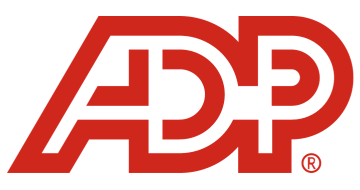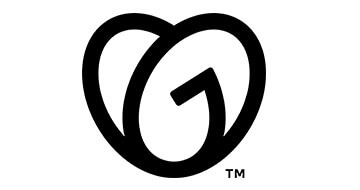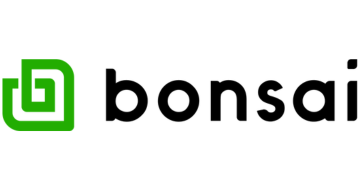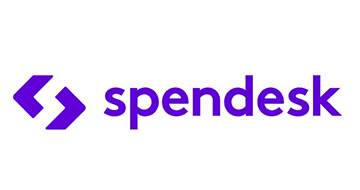What is ERP Software?
ERP software is a robust solution that integrates multiple business functions into a unified system and enables seamless information flow across departments and processes. It enables companies to manage key areas such as accounting, inventory management, order fulfillment, customer relationship management and production planning.
By consolidating data and providing real-time insights, ERP software increases transparency, improves collaboration and enables efficient resource allocation. It serves as the foundation for optimized operations and effective decision-making.
How to Pick the Right ERP Software
SaasGenius is your trusted source for finding the perfect ERP software. We help you make informed decisions by providing comprehensive insights, comparisons and reviews. Whether you need software for financial management, supply chain optimization, project planning, or human resource management, SaasGenius has the information you need to find the best value software for your ERP needs.
We evaluate factors like functionality, scalability, ease of implementation, customization options, and customer support so you can make an informed decision. Use our reviews to choose the ERP software that will streamline your business operations and drive your success.








